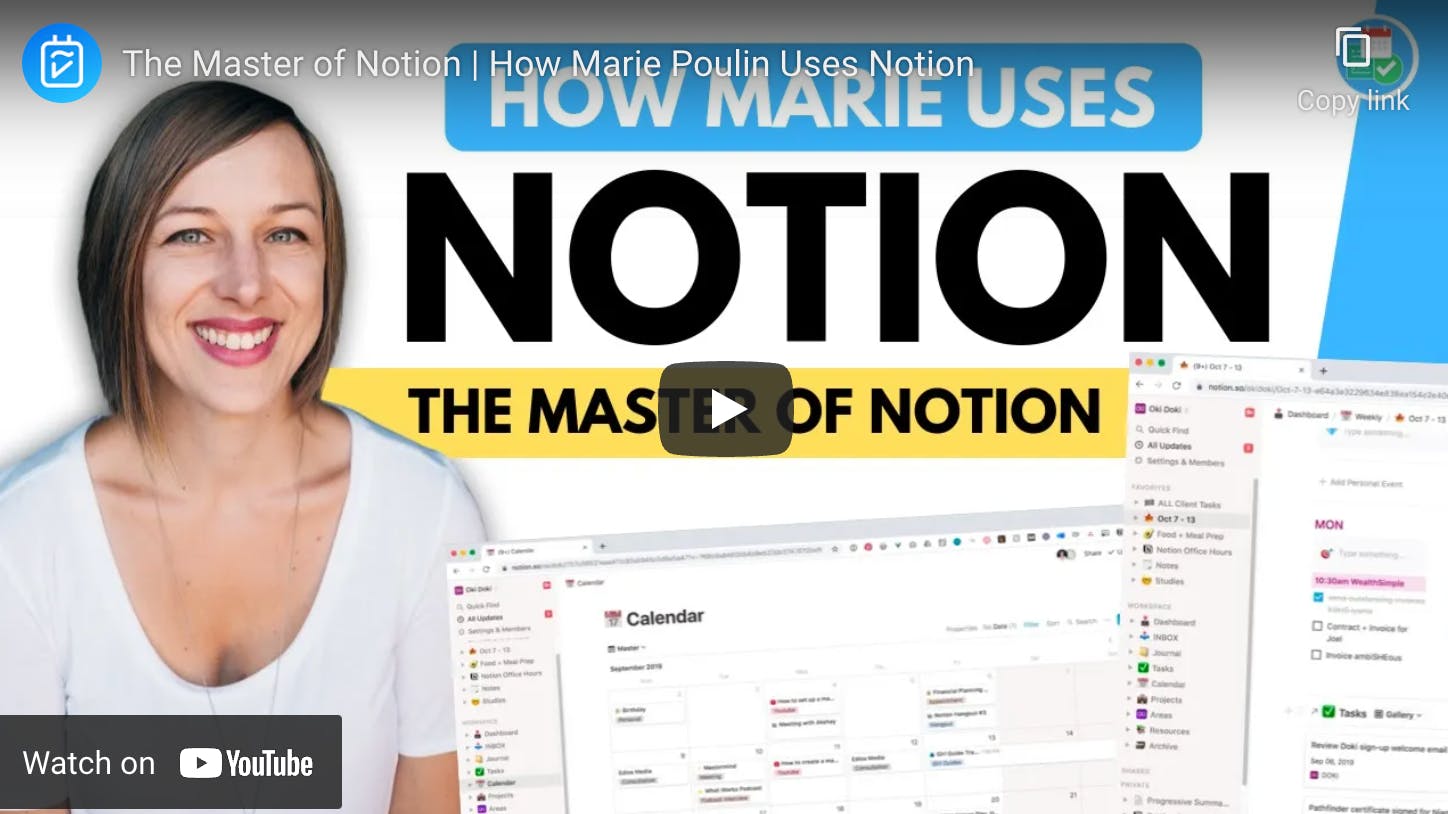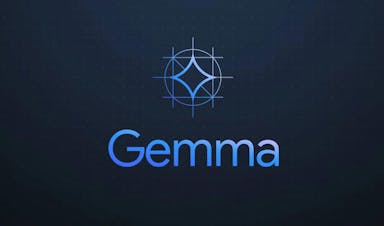Notion: the all-in-one productivity tool

The GTM strategies that packaged and sold the infinite possibilities of Notion's 'Lego blocks' to 20M+ users 🤯 and raised the PLG giant to decacorn-ship 💰
Ruchin Kulkarni is a co-founder at Toplyne where he leads all things Growth. Previously an investor at Sequoia Capital, he writes about SaaS and product-led growth (PLG) at the Top of the Lyne newsletter. Find him on Twitter at @Ruchin_Kulkarni.
This story was originally published in October 2021.
Human progress has been on an absolute tear over the last hundred years. Although it's easy to get lost in overwhelmingly polarized narratives around the problems we face as a species, the reality is that there has never been a better time to be alive.
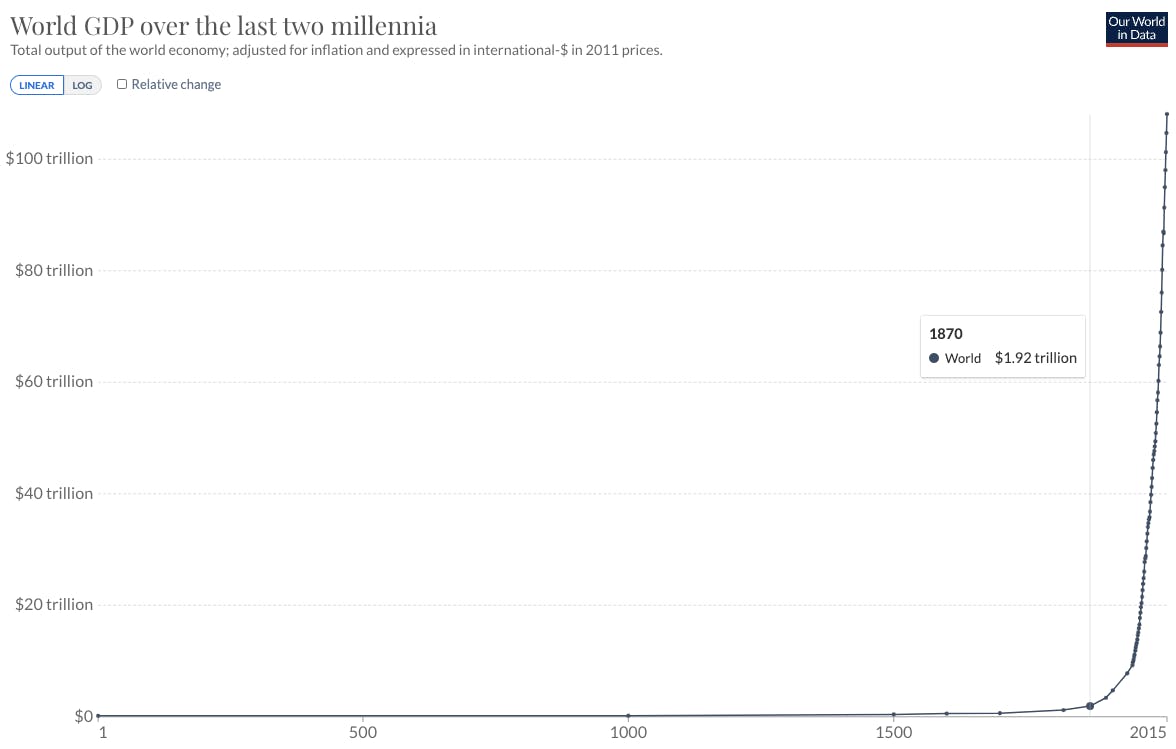
Global GDP over time... There has never been a better time to be alive! 😌
If you look at the GDP chart above, something drastically changed the course of our species in the mid to late 1800s. It’s almost like each of us got substantially more productive overnight! 🤔
How? The answer is simple. Technology! Automobiles, planes, telecom networks, satellites, computers, and of course the internet! Across all of these game-changing technologies lies a common theme. Their ability to make us exponentially more productive. Enabling global travel in hours vs. months and communication at the speed of light vs. the speed of courier on horseback.
Productivity = Progress
And this trend is reflected in the VC market we see today! Productivity apps are some of the hottest companies in the world - building products millions of us want to use and the best engineers want to build! Bringing us to the company we discuss today - Notion!
The heir apparent to the productivity crown 👑, the lifeline for Toplyne’s internal operations 😅 and Silicon Valley’s latest decacorn 🦄 Here’s how Notion grew to 20M+ monthly active users - over 85% of who are outside the US! Let’s jump right in...
🧩 Lego blocks for workflows
In 2015, Ivan Zhou and Simon Last, fanboys of personal computing pioneers Alan Kay, Douglas Englebert, and Ted Nelson launched a no-code app development tool that a user could also modify while they used it - a personal computing possibility that the legends represented. The duo however wasn't able to build a scalable and stable product, and their vision didn't generate the traction that was expected. The world wasn't ready 🙃
“We focused too much on what we wanted to bring to the world, we needed to pay attention to what the world wanted from us.” - Ivan Zhou
But what the world was ready for was to manage their productivity tools better. Ivan and Simon who had moved to Kyoto to introspect (and also save on rent 😋), caught on to this and juxtaposed their grand vision to document editing and management. After tireless iterations and permutations, the result - 'Notion 1.0' combined:
- document creation
- wiki-based organization
- and kanban style task management
to create a workspace where non-technical users could tinkle with the tool and build custom workflows for knowledge management (confluence for the masses 😋). But it was only after mission Notion 2.0 - that the all-powerful all-in-one workspace of today was born.
“In all honesty, Notion 2.0 is really the 1.0 for us. It finally delivers on our promise—a singular tool that handles all your work outside email and Slack. With the addition of tables, Kanban boards, and calendars, along with the existing notes and wiki features, we think we have done it with this release—Notion is now truly the ‘all-in-one workspace.'” — Ivan Zhao, Co-founder of Notion
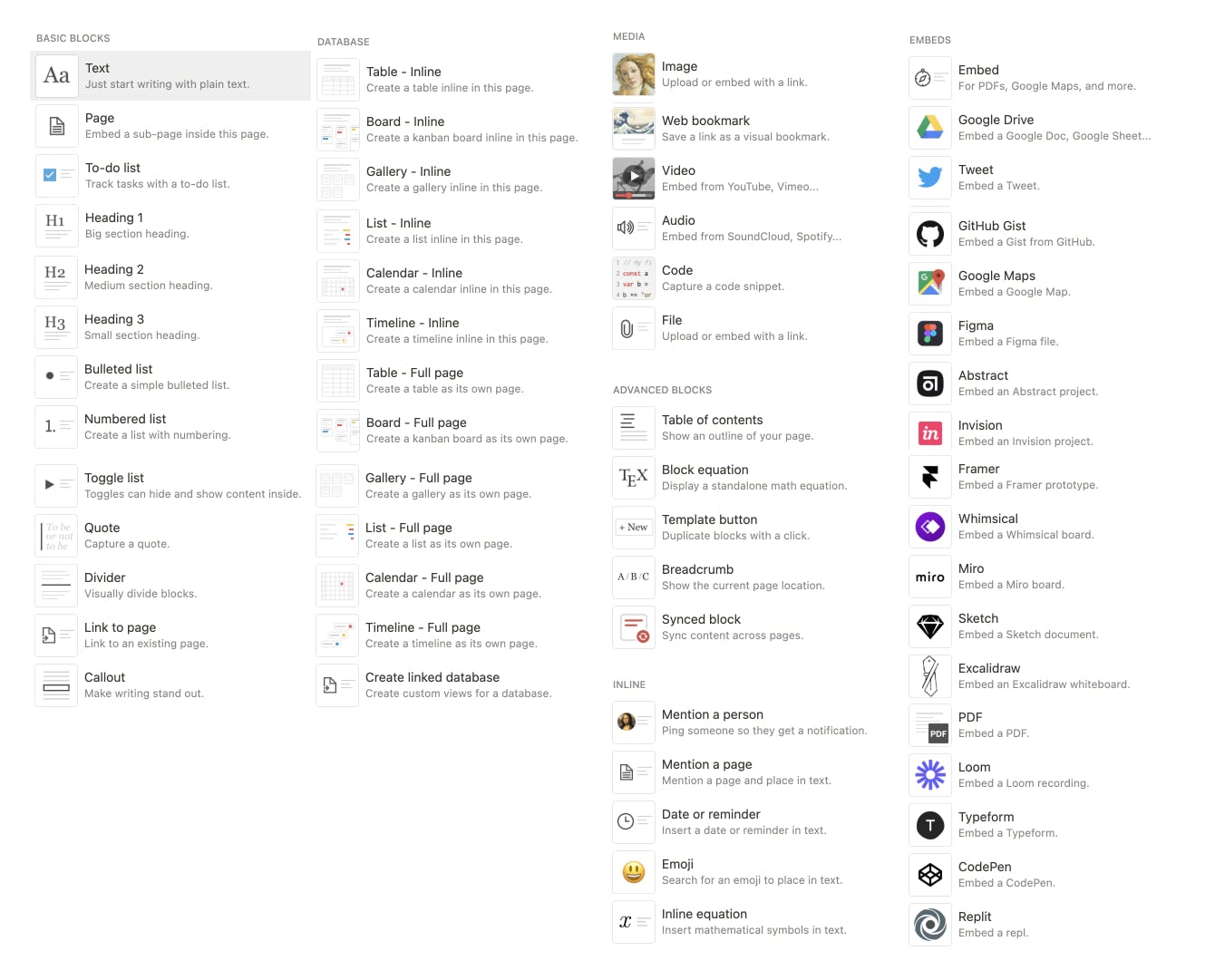
The Notion Lego blocks 🤩 The possibilities blow our mind! 🤯
🎁 Packaging use cases
"..the tech team continues to focus on the building blocks whereas the marketing team focuses on packaging to provide value to the end users" - Akshay Kothari, COO @ Notion on how the organisation is structured at Notion
Notion 2.0, courtesy of a successful ProductHunt launch and a more than positive review on WSJ, enjoyed great reception amongst initial adopters. Today, the platform boasts one of the best organic marketing performances in the SaaS world with 20M+ monthly visitors and 85% of their new activations attributed to organic sources. Let's evaluate the recipe for this success:
👨👩👧👦 Something for everyone: The customizable nature of the product has seen large scale horizontal adoption for the product with use cases ranging from GenZ tiktokers organizing school work to multinationals like Adobe and IBM managing workflows for their 10,000+ workforces. This is further enabled by some good old PLG levers including:
- Free-frictionless access
- A plethora of easy to use templates
- Easy switching from other platforms (read: competition 🤭) via imports
- Intrinsic virality brought in via collaboration
- and an onboarding flow that directs one to hyper-relevant templates.
🔮 Betting on the future: Notion is very popular amongst startups and accelerators (500startups, Ycombinator) courtesy of a dedicated startup program which extended $1000 credits to participants. The product is also free for students and educators which we believe is both a strategic move as it is a social cause.
"There are as many use cases of Notions as there are people" - Camille Ricketts, Head of Marketing @ Notion
👨🏻🎨 Unleashing creativity: Templates also doubles down as a stage for users to explore their creatives sides and craft custom workflows, share the results with the community and monetize them using paywalls facilitated by tools like Gumroad. The consequent open-source platform behavior nurtured interest-based communities and Notion power users.
🏘 Building a community: Notion successfully channeled this user behavior to create thriving online communities. r/notion with 150k+ users and a Twitter handle with 200k+ followers actively engage and become an avenue for users to exchange information and empower each other. Hosted communities on Facebook (50k+), clubhouse (1k+), discord (13k+), company-organized events, and a Youtube/Tiktok program that sponsors users with 50k+ followers to partner with the company are few other examples of ubiquitous community building!
🦸🏻♀️ Promoting your champions: Notion elevated their power users to Notion consultants or Notion Pros certifying them as experts licensed to offer services around setting up and managing Notion accounts. These champions run full-time businesses servicing new Notion users and are active voices in Notion communities.
👨🏻💼 Servicing expansion
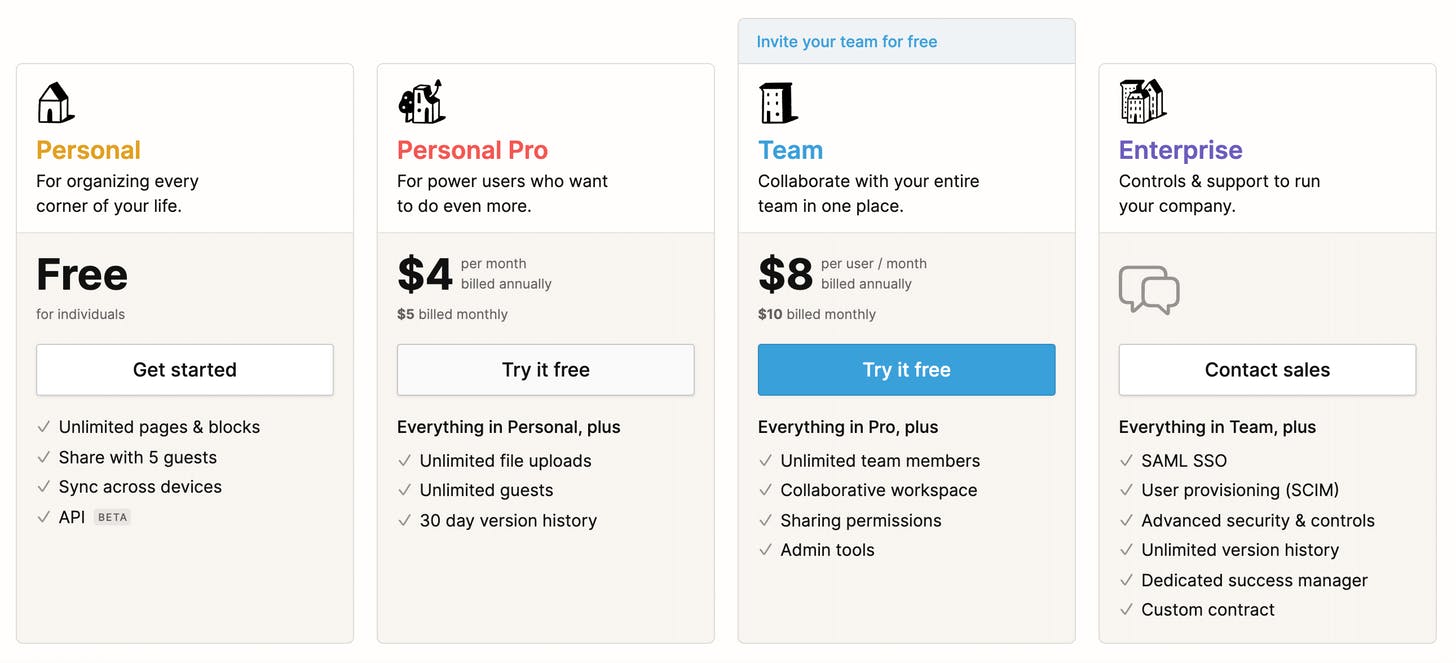
Pricing plan @ Notion
With 20M+ active users spread across 100's of thousands of businesses, sales and success functions at Notion are tasked with driving expansion, reducing churn, and prospecting new opportunities via outreach efforts. The GTM motion led by CRO Olivia Nottebohm can be summarized as a sales-assisted product-led growth function.
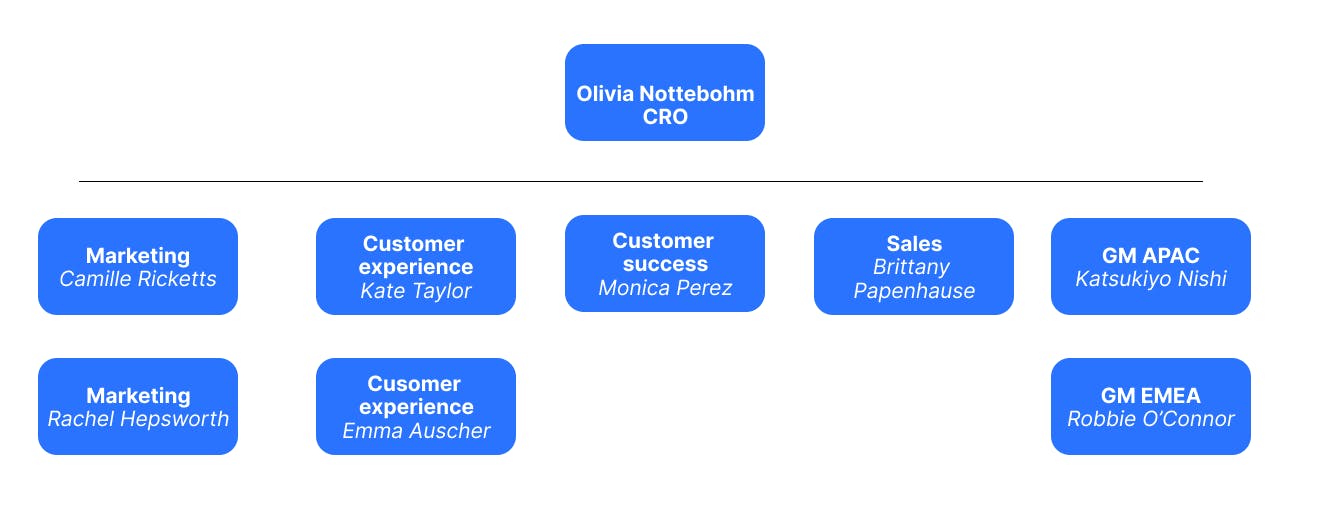
GTM leadership team @ Notion | Source: LinkedIn
Notion's team of account executives, customer success managers, and support specialists are based out of 4 global locations and cater to a global audience...
🌎 Going international
A unique challenge (or should we say opportunity 😉) that Notion's GTM motion had to solve for was a customer base which was 85% outside of the US 🤯.
- With the percentage of English speakers averaging less than 44% in Korea, 30% in Japan, 39% in France, and so on, language is a major hurdle for an English only product to go Global 🌎
- Time zone differences can prove a major hurdle for customer support & sales outreach capacity 😴 ⚔️ 💰
- Integrating with local technology and regulations including unique payments processes and device preferences 📱 ⚔️ 💻
- Cultural nuances whilst building customer communities
"Fundamentally, it's about people using Notion. That's what I care about. And Americans are only part of the world." - Ivan
How is Notion solving for this? 🤔
Localized product:
Notion is now available in 3 languages - English (US), Korean and Japanese (Beta) and this is no easy feat! With the Korean and later the Japanese launches Notion consolidated their entire code base, templates library, help documentation, marketing material amongst others (250k+ words for Korean) in one place using Lookalise and translated via local contractors - A playbook that can be replicated for more regions in the future.

Notion language & region selection
🏣 International offices:
As of today, Notion has set up offices in 5 locations across the world - San Francisco and New York in the USA, Dublin for EMEA, Tokyo for APAC, and an engineering office in Hyderabad following the acquisition of Automate.io. The EMEA office is headed by Robbie O'Conner (ex-Asana) who also heads the AMER sales team while the APAC office is in the safe hands of Katsukiyo Nishi (ex-WeWork, LinkedIn). Notion's international workforce is enabled by global talent sourcing and people efforts led by Maryanne Caughey with Jonathan Killeen from Hopin joining as Head of Environment.
Notion also invests in region-specific customer engagement via local community leads who are tasked with conducting programs while also being the ears and voice for the company in their respective geographies.
⏩ Next Steps
The already profitable decacorn is expected to use the newly raised war chest of $275M on the following super exciting areas:
- Having stabilized their international expansion playbooks with successful launches in Korea, Japan, and parts of Europe, the world is indeed Notion's oyster 🤭 with Brazil, France and Russia expected to follow suit
- Enterprise motion and the hunt for logos will take center stage and a lot more account executives and CSMs are expected to join the GTM army
- The Notion API which is currently in beta stage will radically close the gap between Notion and other workplace tools thereby strengthening the platform's vision to become an all-in-one platform. Syncing GitHub issues automatically on your Notion database or triggering emails basis updates on your workspace are not a distant dream 🤩

Notion legos - now for developers 👨🏻💻
Fanboys ourselves, we are very excited to see how the next phase of GTM and Product growth will unveil for the SaaS PLG giant! 🍿
—
This story originally appeared on Top of the Lyne, a weekly newsletter about product-led growth.
Comments (1)
Molly Chopps
love books
More stories
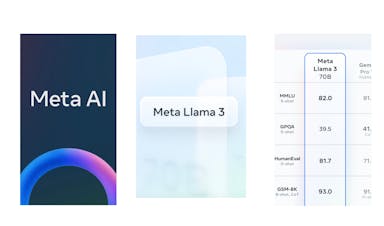
Kyle Corbitt · How To · 3 min read
What we've learned in 3 days of Llama 3
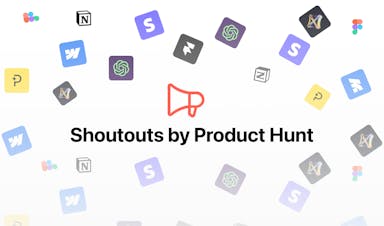
Aaron O'Leary · Announcements · 2 min read
Introducing Shoutouts

Finn Lobsien · Opinions · 5 min read
Can Devin AI Replace Product Managers?
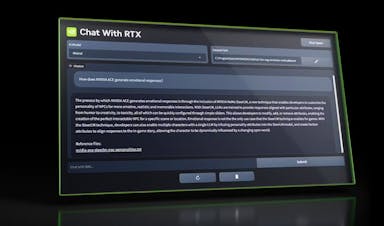
Aaron O'Leary · News · 2 min read
Meet Nvidia's new localized AI chatbot
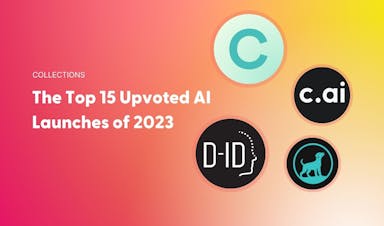
Sarah Wright · News · 2 min read
The top 15 AI products from 2023
